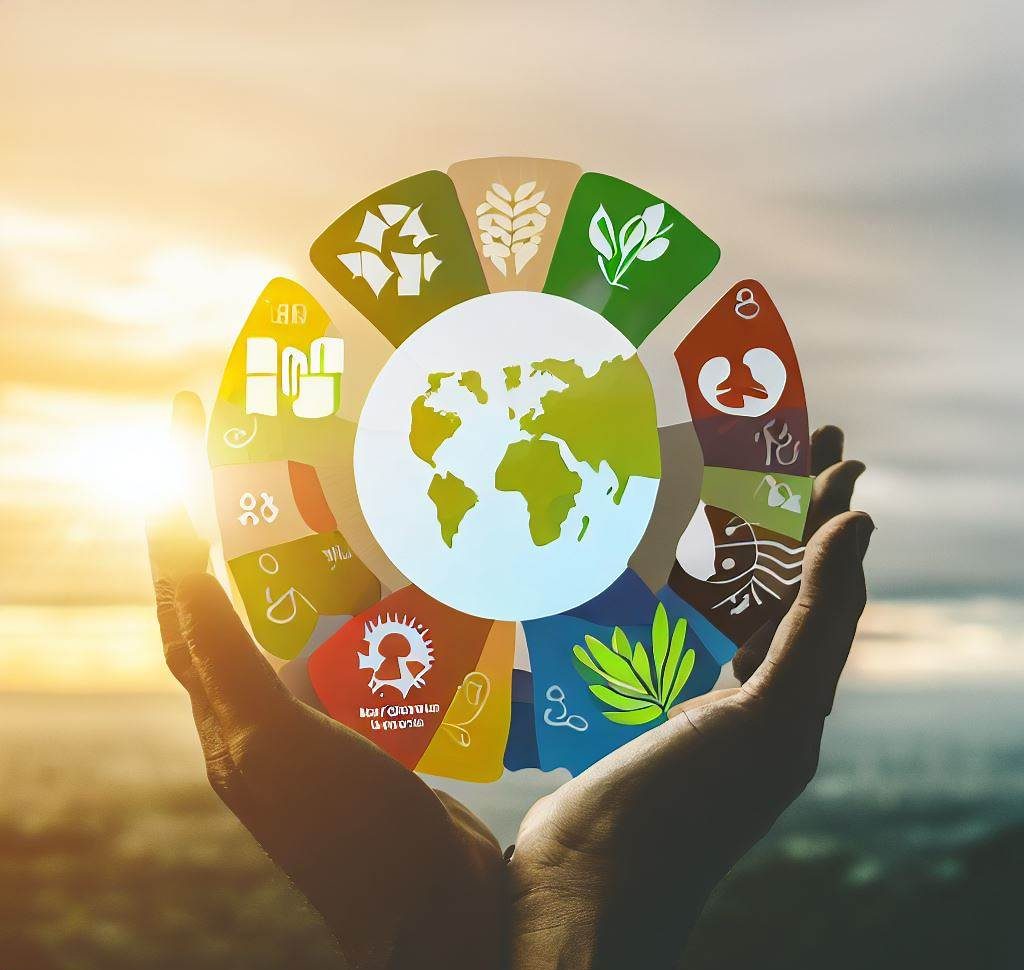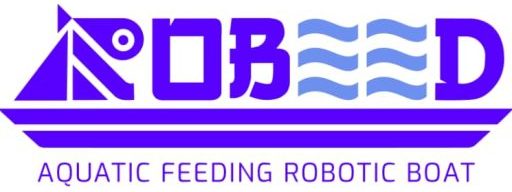
Harnessing Aquaculture: Meeting Global Needs for Sustainable Nutrition and Economic Growth
Introduction:
Aquaculture, the cultivation of aquatic organisms, has become indispensable in addressing the world’s growing demand for seafood while promoting food security, economic development, and environmental sustainability. In this blog, we delve into the multifaceted role of aquaculture in our lives and why it is essential for our collective well-being.
1. Addressing the Growing Demand for Seafood:
As the global population continues to expand, so does the demand for seafood, which is a valuable source of protein, omega-3 fatty acids, and essential nutrients. Aquaculture plays a pivotal role in meeting this demand by providing a sustainable and reliable source of seafood. Through the cultivation of various aquatic species, including fish, shellfish, and seaweeds, aquaculture contributes to the diversification of diets and ensures access to nutritious food for people around the world.
2. Promoting Food Security:
Aquaculture plays a crucial role in promoting food security by providing a stable and accessible source of protein, particularly in regions where access to traditional sources of animal protein is limited. In many developing countries and coastal communities, aquaculture serves as a primary livelihood and food source, offering employment opportunities, income generation, and improved nutrition. By empowering small-scale farmers and fishers, aquaculture contributes to poverty reduction and enhances resilience to food insecurity and climate change impacts.
3. Supporting Sustainable Development Goals:
Aquaculture aligns with several United Nations Sustainable Development Goals (SDGs), including zero hunger, good health and well-being, decent work and economic growth, and life below water. By promoting sustainable production practices, responsible resource management, and equitable access to aquatic resources, aquaculture contributes to achieving these global goals. Moreover, aquaculture-related industries, such as feed production, equipment manufacturing, and seafood processing, stimulate economic growth and create employment opportunities, particularly in rural and coastal areas.
4. Enhancing Environmental Sustainability:
When practiced sustainably, aquaculture can contribute to environmental conservation and ecosystem restoration efforts. Unlike wild capture fisheries, which are subject to overfishing and habitat destruction, aquaculture operations can minimize environmental impacts by reducing bycatch, conserving natural habitats, and promoting ecosystem health. Innovations in aquaculture technology, such as recirculating aquaculture systems and integrated multitrophic aquaculture, enable resource-efficient production while minimizing waste and pollution, thus preserving biodiversity and mitigating climate change impacts.
5. Fostering Innovation and Research:
Aquaculture drives innovation and research in various fields, including genetics, nutrition, disease management, and sustainable farming practices. By investing in research and development, the aquaculture industry continuously improves production efficiency, enhances product quality, and addresses emerging challenges. Innovations such as genetically improved strains, alternative feed ingredients, and precision farming technologies enable aquaculture operations to optimize resource utilization, minimize environmental impact, and maximize productivity, ensuring the industry’s long-term sustainability and competitiveness.
6. Promoting Public Health and Well-being:
Aquaculture plays a vital role in promoting public health and well-being by providing access to safe, nutritious, and affordable seafood. Consuming fish and seafood have been associated with various health benefits, including reduced risk of cardiovascular disease, improved cognitive function, and enhanced overall well-being. Additionally, aquaculture can contribute to reducing malnutrition and addressing micronutrient deficiencies, particularly in vulnerable populations such as children and pregnant women.
Conclusion:
Aquaculture is an essential component of our global food system, providing sustainable nutrition, economic opportunities, and environmental benefits to people around the world. As we confront the challenges of feeding a growing population while protecting our planet’s natural resources, aquaculture offers a viable solution that aligns with our aspirations for a healthier, more equitable, and sustainable future. By embracing innovation, fostering collaboration, and promoting responsible practices, we can harness the full potential of aquaculture to meet our diverse needs and build a better world for generations to come.

